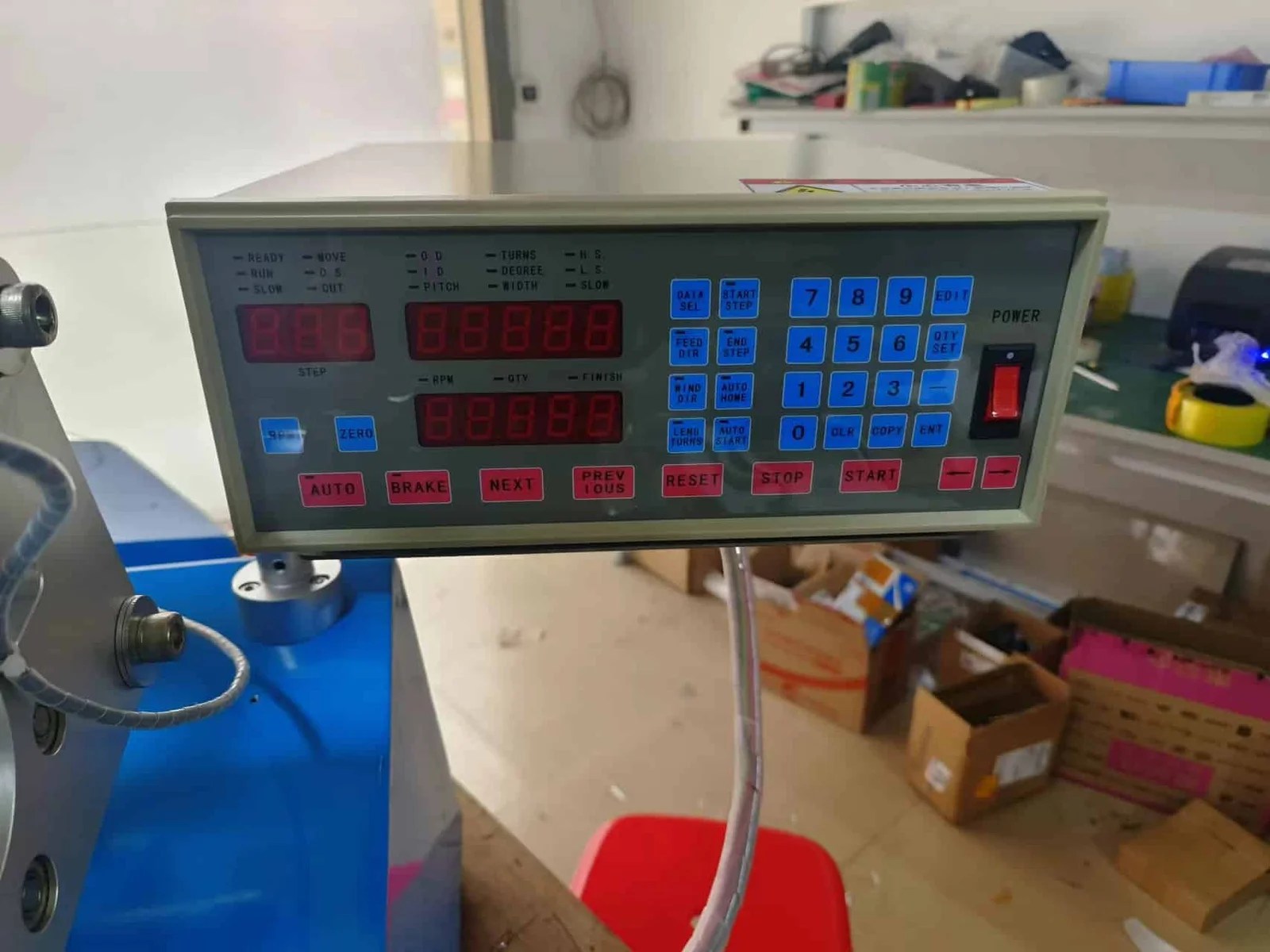Portland's Arboreal Elegance: A Guide to the City's Trees
Portland, a city known for its verdant landscapes, owes much of its charm to the majestic trees that grace its streets and parks. These arboreal wonders, often unnoticed in our daily hustle, contribute significantly to the city's aesthetic, ecological, and social fabric. Have you ever paused to consider the silent stories whispered by the leaves of a Douglas fir or the sturdy presence of a bigleaf maple?
Portland's urban forest is a tapestry woven with a variety of tree species, each with its own unique history and contribution. From the towering conifers that dominate the skyline to the delicate flowering cherries that herald the arrival of spring, the city's trees provide a living testament to the power and beauty of nature. Understanding the common tree species in Portland allows us to appreciate their role in shaping the city's identity and fostering a healthier urban environment.
The history of Portland's trees is intertwined with the city's own development. Early settlers relied on the timber industry, shaping the surrounding forests. Over time, a growing awareness of the importance of urban green spaces led to intentional plantings and preservation efforts. Today, the city’s commitment to its urban canopy is reflected in initiatives like the Portland Tree Code, which protects existing trees and encourages new plantings.
The significance of Portland's trees extends beyond mere aesthetics. They provide essential ecosystem services, including air purification, carbon sequestration, and temperature regulation. Trees help mitigate the urban heat island effect, reducing energy consumption and improving air quality. Their roots stabilize the soil, preventing erosion and reducing stormwater runoff. They also provide habitat for a diverse array of wildlife, contributing to the city's biodiversity.
However, Portland's urban forest faces numerous challenges. Development pressures, climate change, and invasive pests pose ongoing threats. Maintaining the health and resilience of the city's trees requires ongoing efforts from both city officials and residents. Understanding these challenges is crucial for developing effective strategies to protect and enhance Portland’s arboreal heritage.
The Douglas fir, Oregon's state tree, is a prominent feature in Portland's landscape. Its towering stature and distinctive cones make it easily recognizable. Bigleaf maples, known for their large leaves that turn vibrant shades of yellow and orange in the fall, are another common sight. Other prevalent species include the western redcedar, Oregon white oak, and a variety of flowering trees like dogwoods and magnolias. Each tree species plays a unique role in the urban ecosystem.
One of the most notable benefits of Portland's trees is their contribution to improved air quality. They act as natural filters, absorbing pollutants and releasing oxygen. Studies have shown a direct correlation between tree canopy cover and reduced respiratory illnesses. Furthermore, trees provide a sense of tranquility and well-being, contributing to the overall livability of the city. Their presence can reduce stress levels and promote a sense of community.
Citizens can actively contribute to the health of Portland's urban forest. Planting native trees in your yard, participating in tree planting events, and reporting signs of disease or damage are all valuable contributions. Educating yourself about proper tree care practices, such as watering and pruning, can help ensure the longevity of your trees and contribute to the overall health of the urban forest.
Advantages and Disadvantages of Common Trees in Portland
| Advantages | Disadvantages |
|---|---|
| Improved Air Quality | Leaf Litter and Maintenance |
| Reduced Urban Heat Island Effect | Potential for Property Damage (roots, falling branches) |
| Enhanced Aesthetics and Property Values | Allergens (pollen) |
Five real examples of notable trees in Portland: the Hoyt Arboretum, the majestic elms lining Terwilliger Boulevard, the Japanese Garden's cherry blossoms, the urban forest of Forest Park, and the individual champion trees scattered throughout various neighborhoods. These showcase the diversity and beauty of Portland's trees.
Challenges include Dutch elm disease, invasive ivy, and limited planting space in developed areas. Solutions involve disease-resistant elm varieties, community ivy removal efforts, and innovative urban forestry practices like green roofs and vertical gardens.
FAQ: What are the most common street trees in Portland? What trees are native to the area? How do I identify a specific tree? Where can I report a diseased tree? How do I plant a tree in my yard? What are the regulations for tree removal? Where can I get free trees? What resources are available for tree care?
Tips and tricks: Join a local tree planting organization. Learn to identify common tree diseases. Mulch around your trees. Water deeply during dry periods. Prune your trees correctly.
In conclusion, Portland’s trees are more than just decorative elements; they are integral to the city’s identity, health, and well-being. From the iconic Douglas fir to the vibrant bigleaf maple, these arboreal wonders provide a multitude of benefits, including improved air quality, reduced urban heat, and enhanced aesthetic appeal. However, these invaluable assets face ongoing challenges, requiring collective action to ensure their preservation. By understanding the importance of Portland’s trees and actively participating in their care, we can contribute to a greener, healthier, and more beautiful city for generations to come. Explore the resources available, learn about the trees in your neighborhood, and join the movement to protect and enhance Portland's urban forest – a legacy worth cherishing and preserving.
The weight of words when you make a promise to god cuando a dios haces promesa
Unveiling the latest updates on gaji guru dg41 terkini
The enduring allure unveiling the best trim color for a white brick house



.jpg)










%2C_Gilbert_River%2C_Sauvie_Island.jpg)